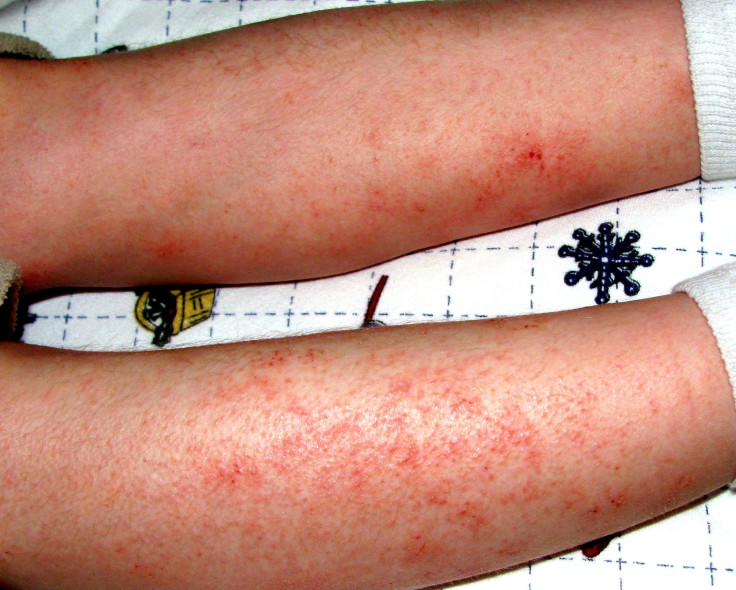Eczema Patients Are At Higher Risk Of Fractures

According to recent estimates, about 7.2% of the U.S. adult population suffers from atopic dermatitis (eczema). The chronic inflammatory disease has been linked to osteopenia and osteoporosis, particularly in older individuals.
A new study has reported that older eczema patients are at an increased risk of fractures of the hip, pelvis, spine, and wrist. The predisposition was found to be even higher for those with severe eczema. The higher risk was independent of age, gender, asthma history as well as the use of corticosteroids.
The study conducted by the London School of Hygiene and Tropical Medicine, United Kingdom has collected data from the electronic health and hospitalization records of about 527,000 British Individuals with eczema and more than 2.5 million people without the condition.
The findings reported that compared to healthy individuals without eczema, those with the skin condition had an overall higher risk of fractures of the hip, wrist, pelvis, and spine. Fracture risk was also found to be increasing with the severity of eczema and was increasing among individuals taking immunomodulator drugs like azathioprine, cyclosporine, methotrexate, and mycophenolate mofetil. A higher risk of fractures was also found among patients who had undergone phototherapy or specialty care from skin specialists.
"Our findings suggest that atopic eczema should be added to the factors considered in fracture prediction, and future studies should explore whether targeted screening and intervention would benefit individuals with atopic eczema," Medscape quoted the authors. They also reported that bone density screening guidelines might be further expanded to include people with more severe eczema to prevent fractures and reduce fracture-related healthcare costs.
Although there isn’t any scientific proof, it is believed that severe cases of eczema might make it harder to engage in bone-strengthening activities and since the condition is also linked to asthma and the use of corticosteroid inhalers, it might contribute to fracture risk.
The results of the study which suggested that there wasn’t any link between the use of oral steroids and fracture risk, might be related to the fact that some of the study participants were taking steroids for eczema for a prolonged period. Also, there is very little proof that even potent topical steroids affect the mineral density of the bone.
The authors also opine that further evaluation is needed to unravel the key risk factors of fractures in individuals with severe eczema.
© Copyright IBTimes 2024. All rights reserved.






















